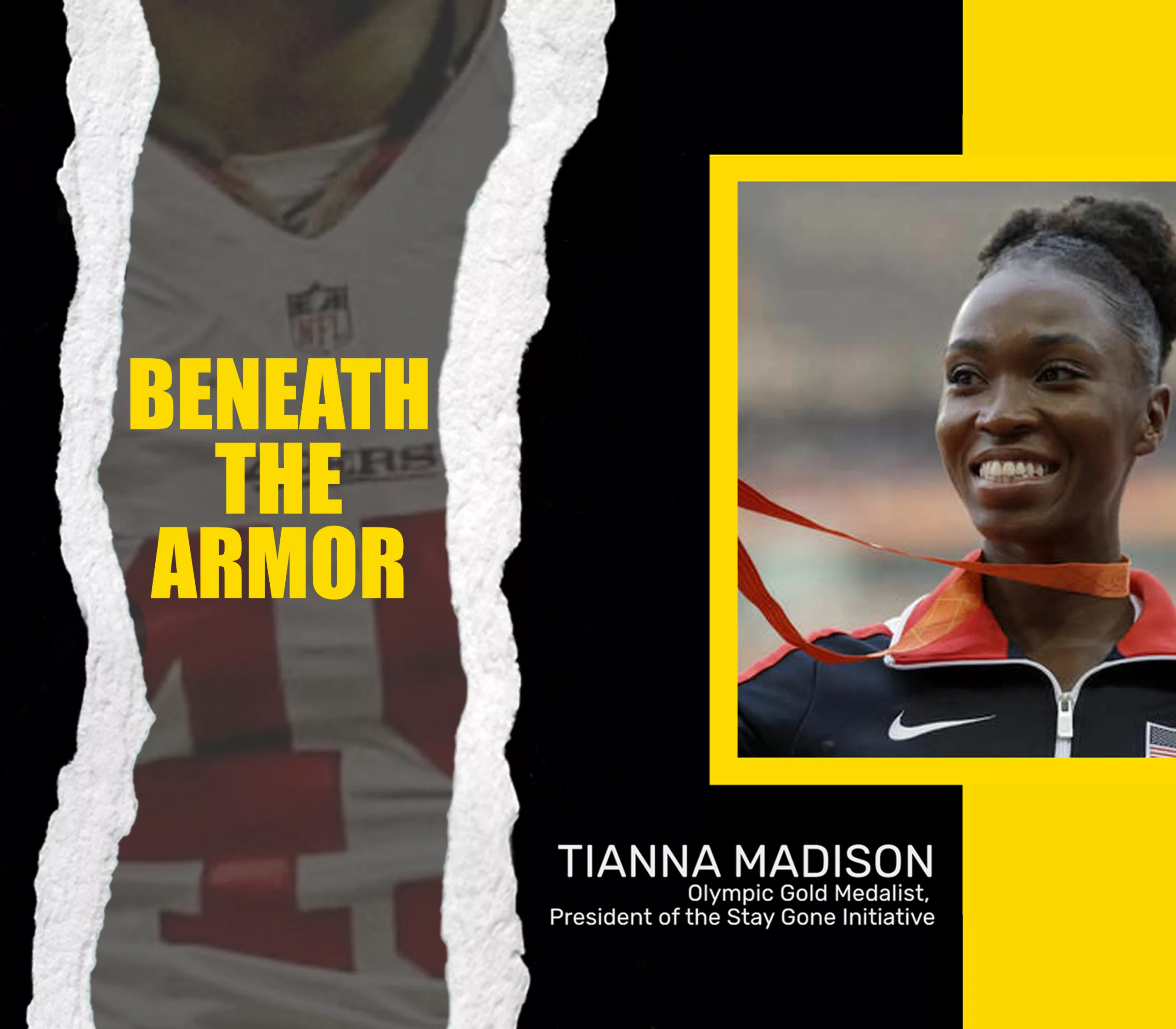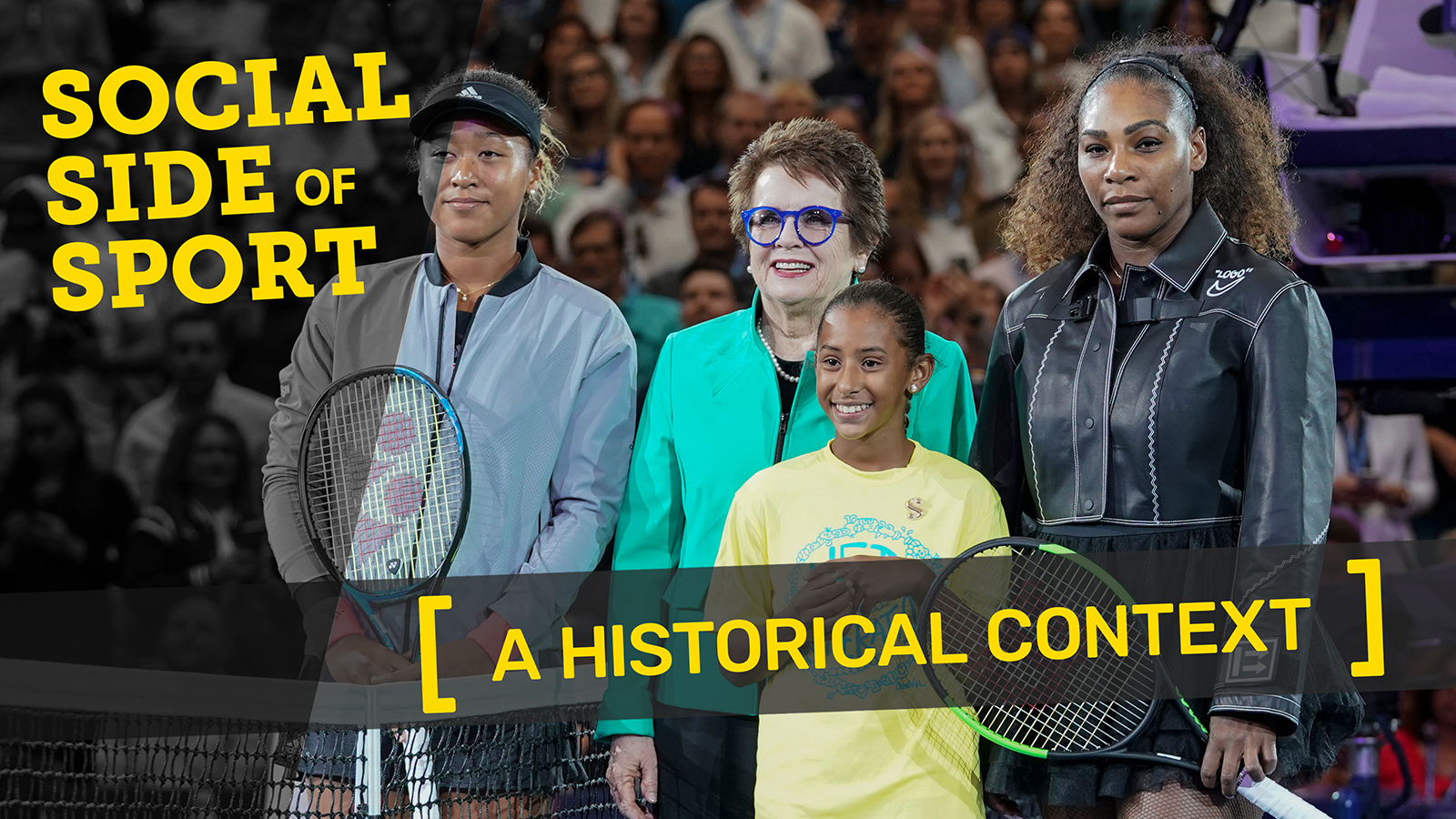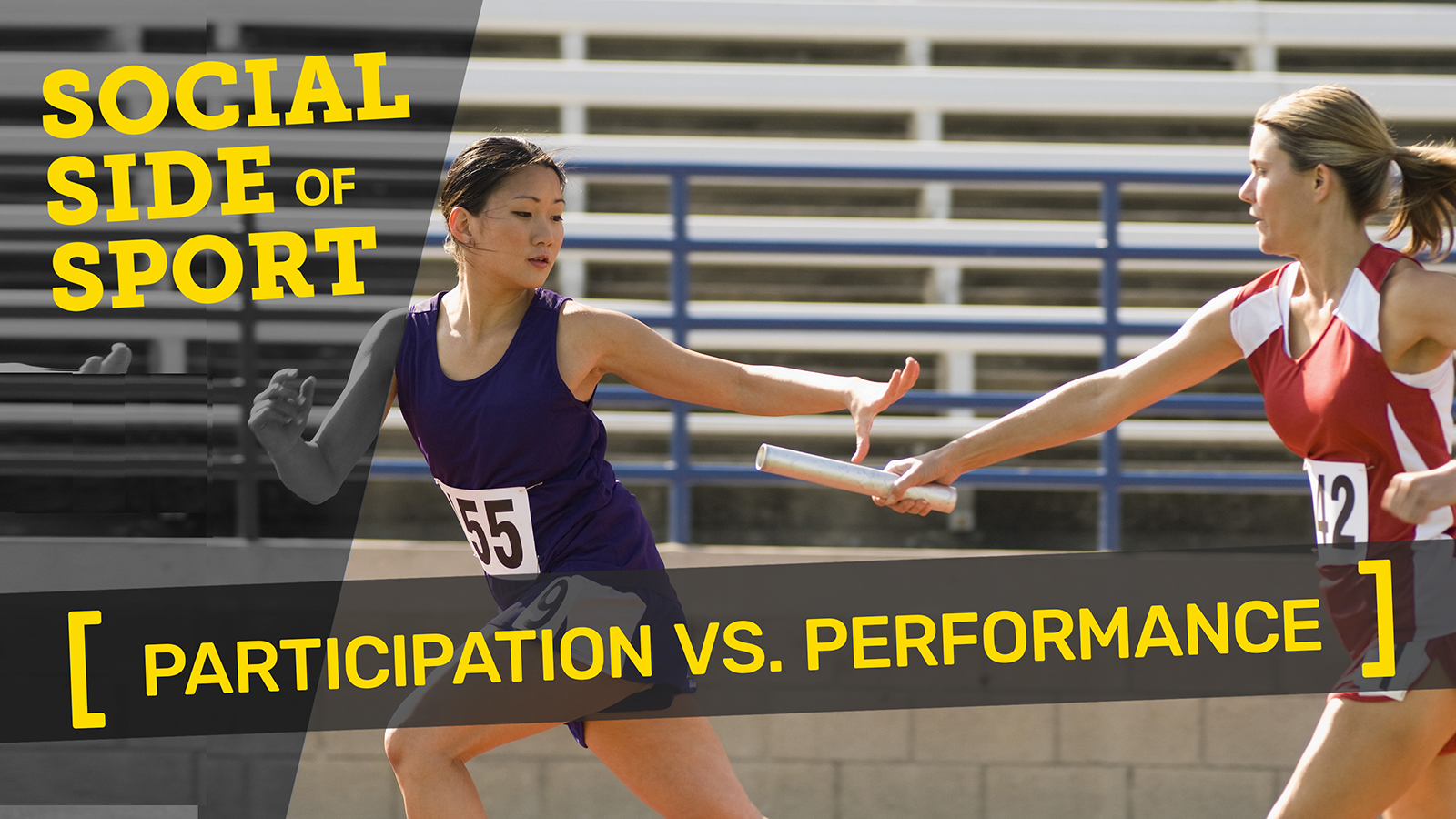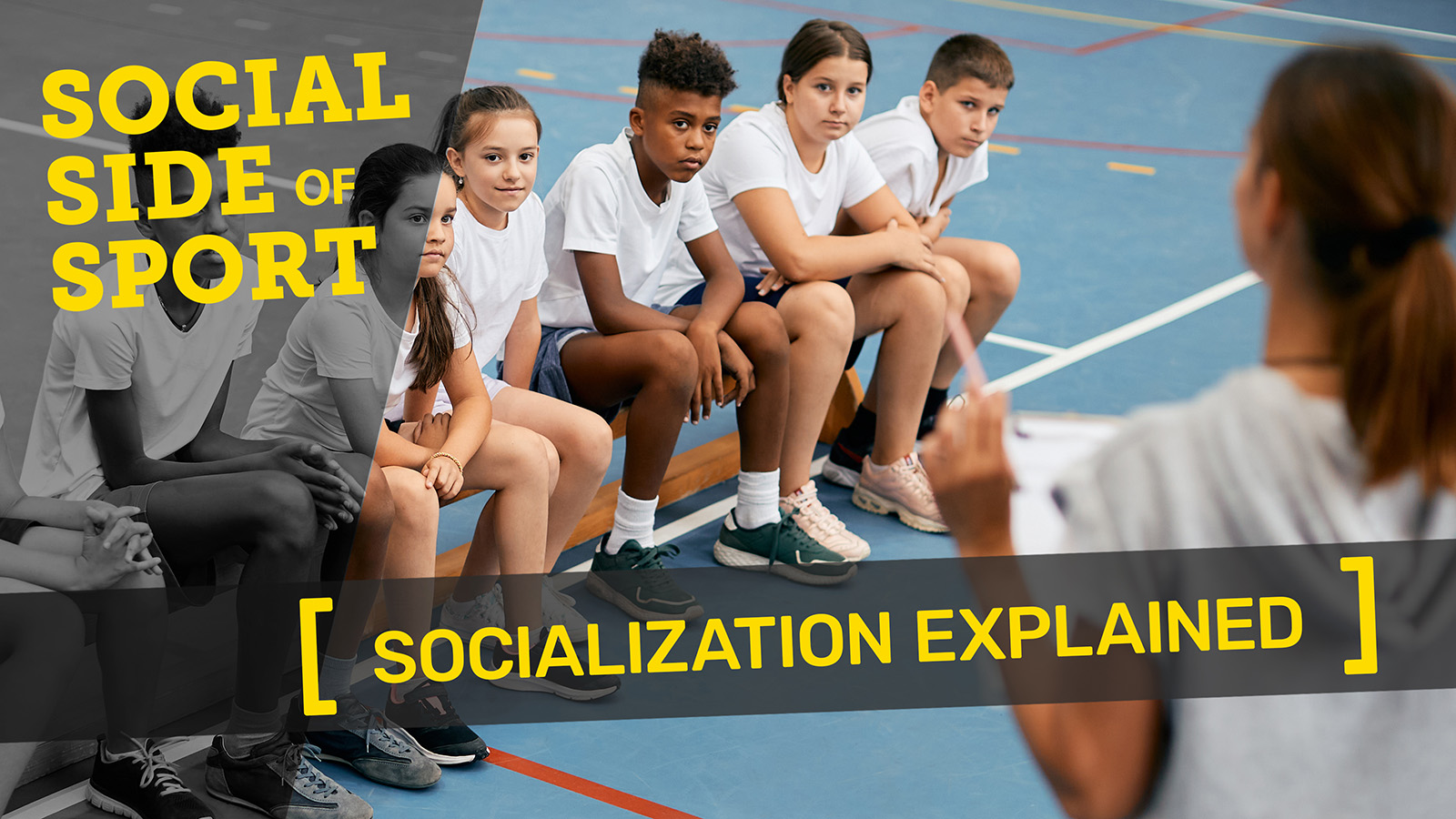Basking in Reflected Glory—BIRGing—is an identity-management strategy that can be defined as one’s tendency to “share in the glory of a successful other with whom they are in some way associated” (Cialdini et al., 1976, p. 366). More specifically, through proclaiming, publically or privately, one’s affiliation with a successful other or group, an individual can establish a connection between himself/herself and a positive source, and thus enhance his/her own prestige.
Initially, this phenomenon was revealed in a series of experiments by Cialdini and collaborators (1976) in a sport fandom context. They found that on the Mondays following a victory of the local football team, students were more likely to display the logo or name of their university on their clothes than on the Mondays following a defeat or a draw. They also used the pronoun “we” more frequently when discussing victory than they did following defeat. Similar demonstrations of BIRGing were later offered in relation with various settings, such as the Internet and in fanzines (i.e., sport fans magazines).
Since the mid-nineties, research using a social identity perspective gathered considerable evidence on the central role of team identification, defined as a “psychological connection to a team, i.e., the extent to which the fan views the team as an extension of his or herself” (Wann, 2006, p. 273), in this process. In fact, the existing evidence shows that highly identified fans are more likely to use BIRGing following a victory than their lowly identified counterparts, presumably to build a positive social identity.
References
Cialdini, R. B., Bordon, R. J., Thorne, A., Walker, M. R., Freeman, S., & Sloan, L. R. (1976). Basking in reflected glory: Three (football) field studies. Journal of Personality and Social Psychology, 34, 366 375.
Wann, D. L. (2006). Understanding the positive social psychological benefits of sport team identification: The Team Identification-Social Psychological Health Model. Group Dynamics: Theory, Research and Practice, 10, 272 296.
***Contributed by Iouri Bernache-Assollant for Hackfort, D., Schinke, R. J., & Strauss, B. (Eds.). (2019). Dictionary of sport psychology: sport, exercise, and performing arts. Academic Press. https://amzn.to/3ZxARzT





















